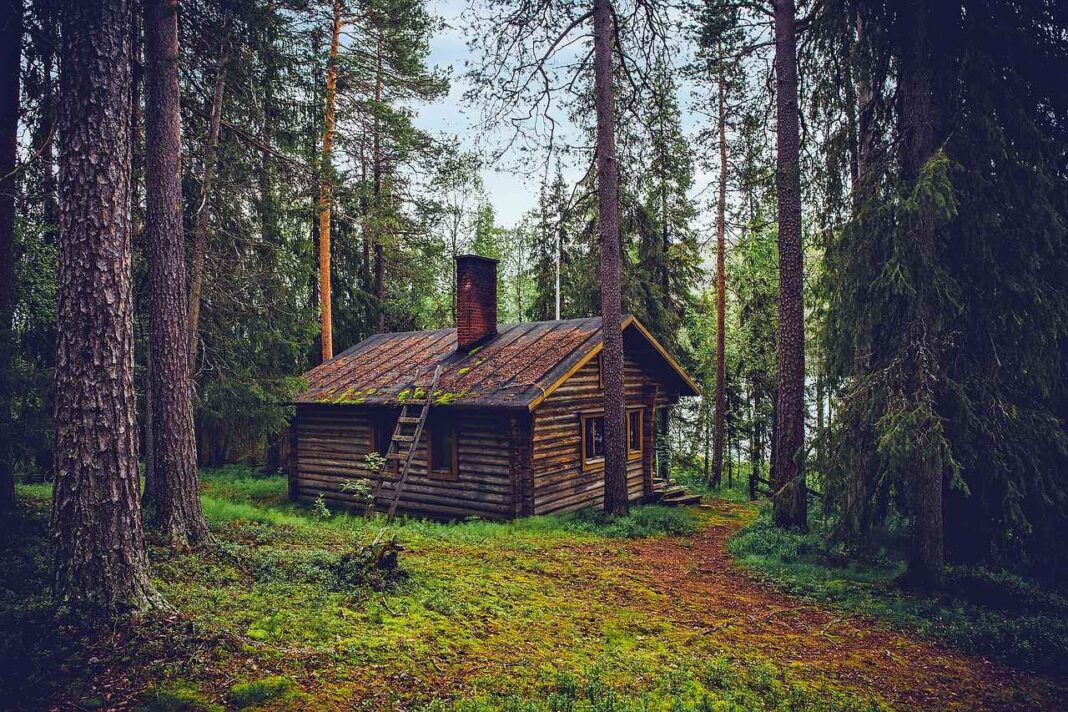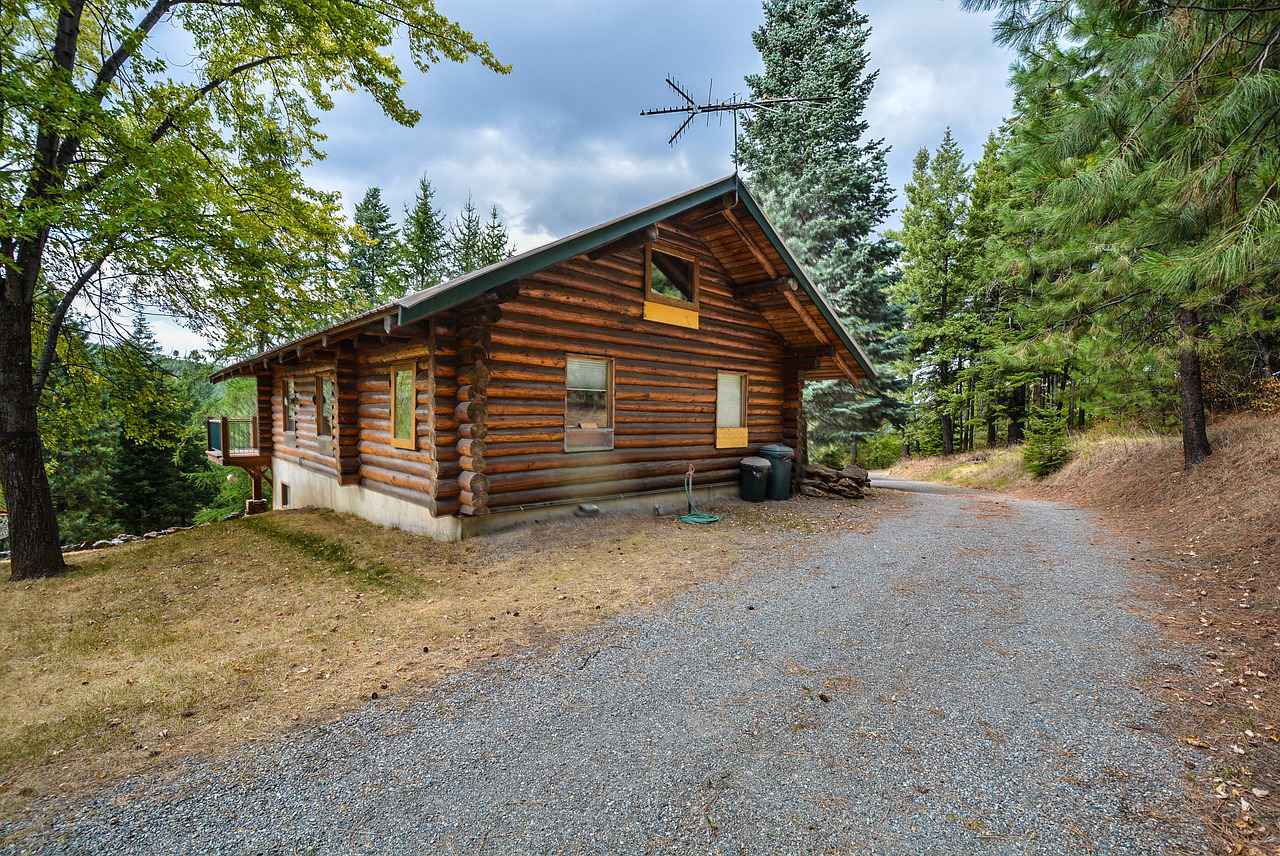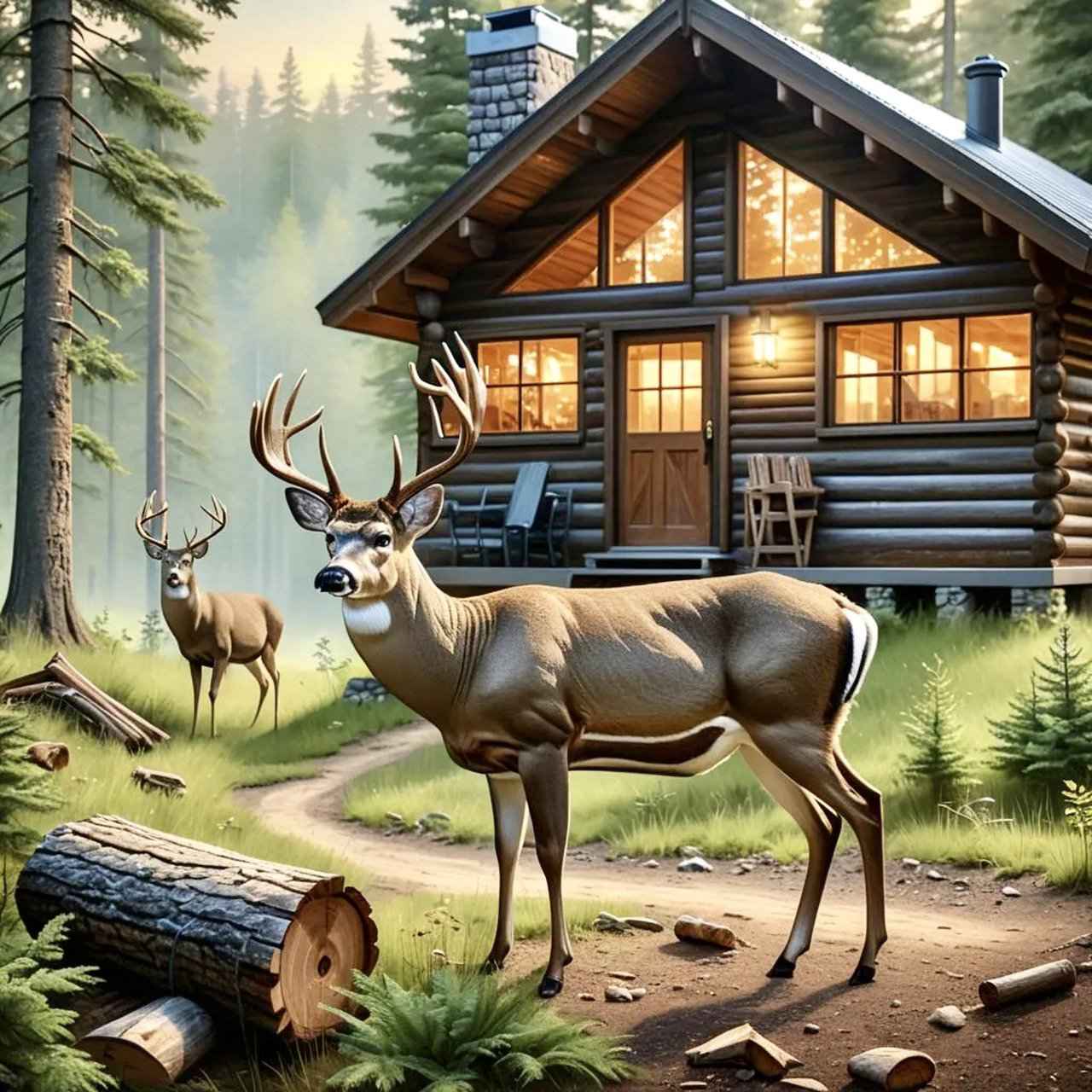Ever thought about retiring to a cabin in the woods? My dad did just that, and I’ve got some insights to share about his journey and what it’s like. If you’re considering a similar escape or simply curious about a life away from the hustle of city living, this could be an eye-opener.
Growing up in a tiny town between the Allegheny and Appalachian Mountains, my dad was no stranger to small-town challenges like limited job opportunities and rampant gossip. His escape? The woods. Spending time there, he found peace and adventure away from prying eyes.
My grandfather bought 50 acres of forest land when my dad was young, dreaming of building a home there someday. This untouched wilderness, affectionately known as “the farm,” became my dad’s playground and the place where he honed his building skills through various jobs—from landscaping to electric work.
Building a cabin there wasn’t a quick project. It took years, starting in his twenties and stretching into his early married life, yet it’s still not completely finished. Despite moving to the suburbs for better schooling options for me, my dad continued improving the cabin whenever possible.
As I grew up, we’d spend weekends at the cabin, hiking and exploring nature. Despite moving to a larger city for school, the cabin remained a special retreat for our family, albeit less frequented.
Years later, as I reached adulthood, my dad returned to his cabin for good. Now in his mid-40s, he’s spent roughly three decades living there, with about fifteen of those years in retirement. It’s a dream fulfilled, though not without its challenges.
Retiring in a cabin means saying goodbye to many modern conveniences like cable TV and reliable cell service. My dad lives unplugged, and while he’s adapted to this lifestyle, it’s not without its inconveniences, especially in social situations. Instead, he enjoys nature’s company, from observing wildlife through his dining room window to cooking meals with ingredients like wild ramps.
Wildlife is a constant presence, bringing both awe and danger. My dad, having befriended many local animals, also knows how to protect himself from the less friendly ones. Living in the woods also means dealing with lots of insects and managing severe allergies—challenges that are just part of everyday life there.
The isolation can be tough. My dad enjoys solitude, but there are days when the quiet is too much, and he longs for company. Accessibility is another issue; everything from getting medical help to simply visiting us involves extensive travel.
Financially, living in a cabin can be cost-effective. With minimal expenses and a lifestyle that doesn’t demand much, my dad manages on a modest budget. This simplicity, however, requires a significant level of independence and resilience.
In short, cabin life isn’t for everyone. It demands a love for solitude, nature, and a willingness to handle everything from home repairs to unexpected wildlife encounters. But for those like my dad, it’s the perfect form of retirement—peaceful, independent, and deeply connected to nature.
Are you considering a retreat to the woods, or are you content in more urban surroundings? What kind of setting do you envision for your retirement? For those already retired, are you enjoying your current living situation, or do you find yourself dreaming of something different?












































